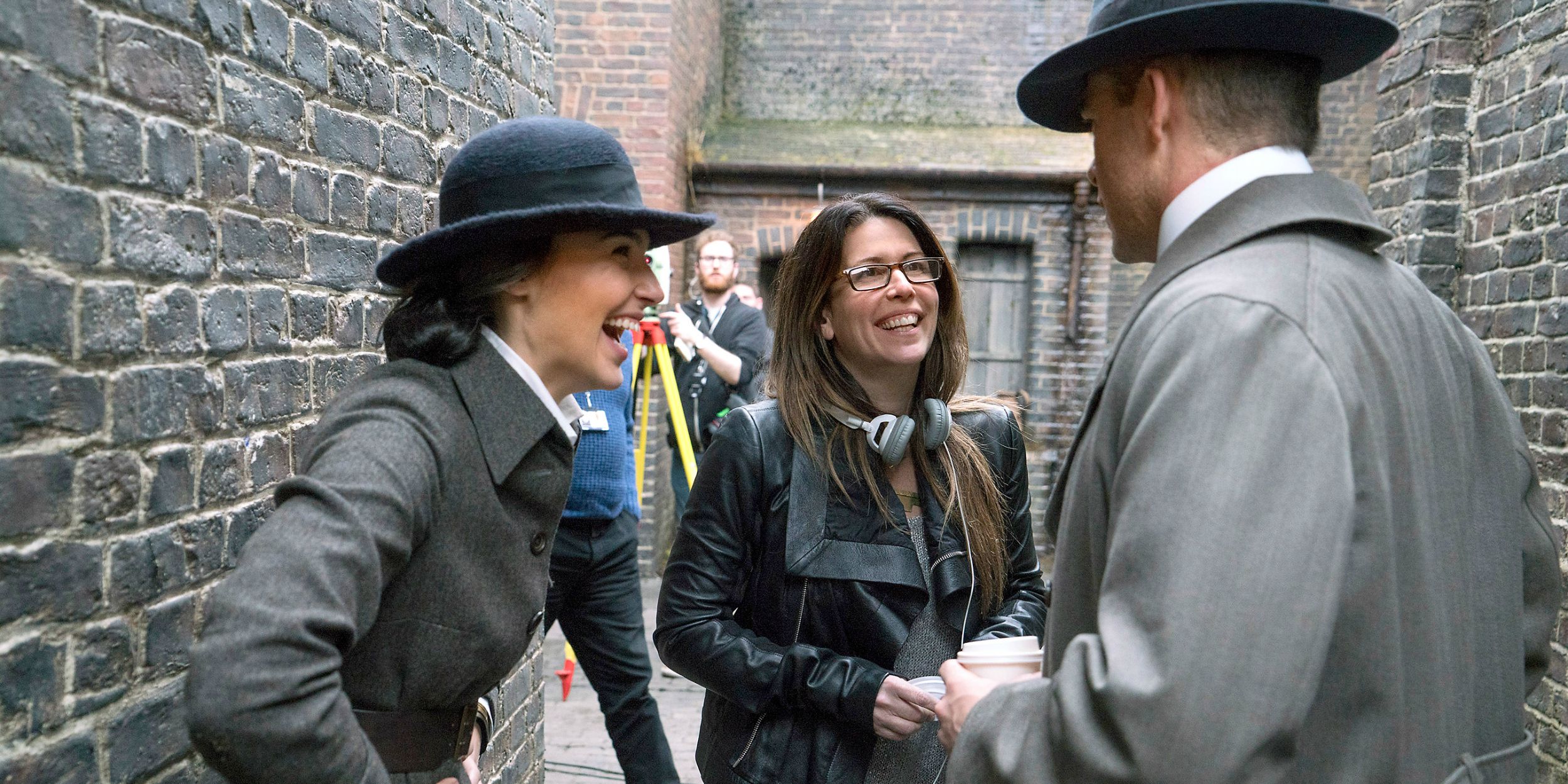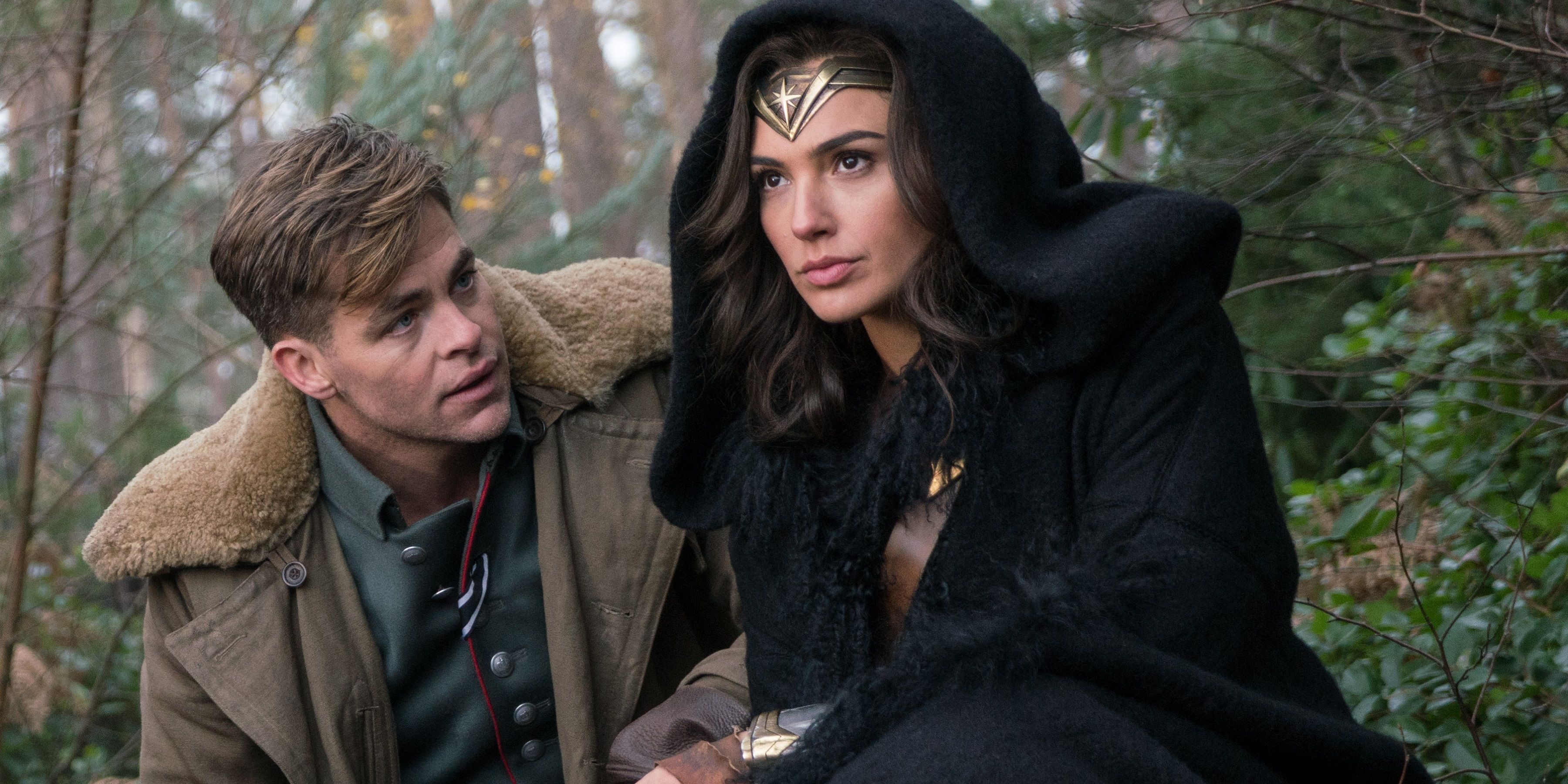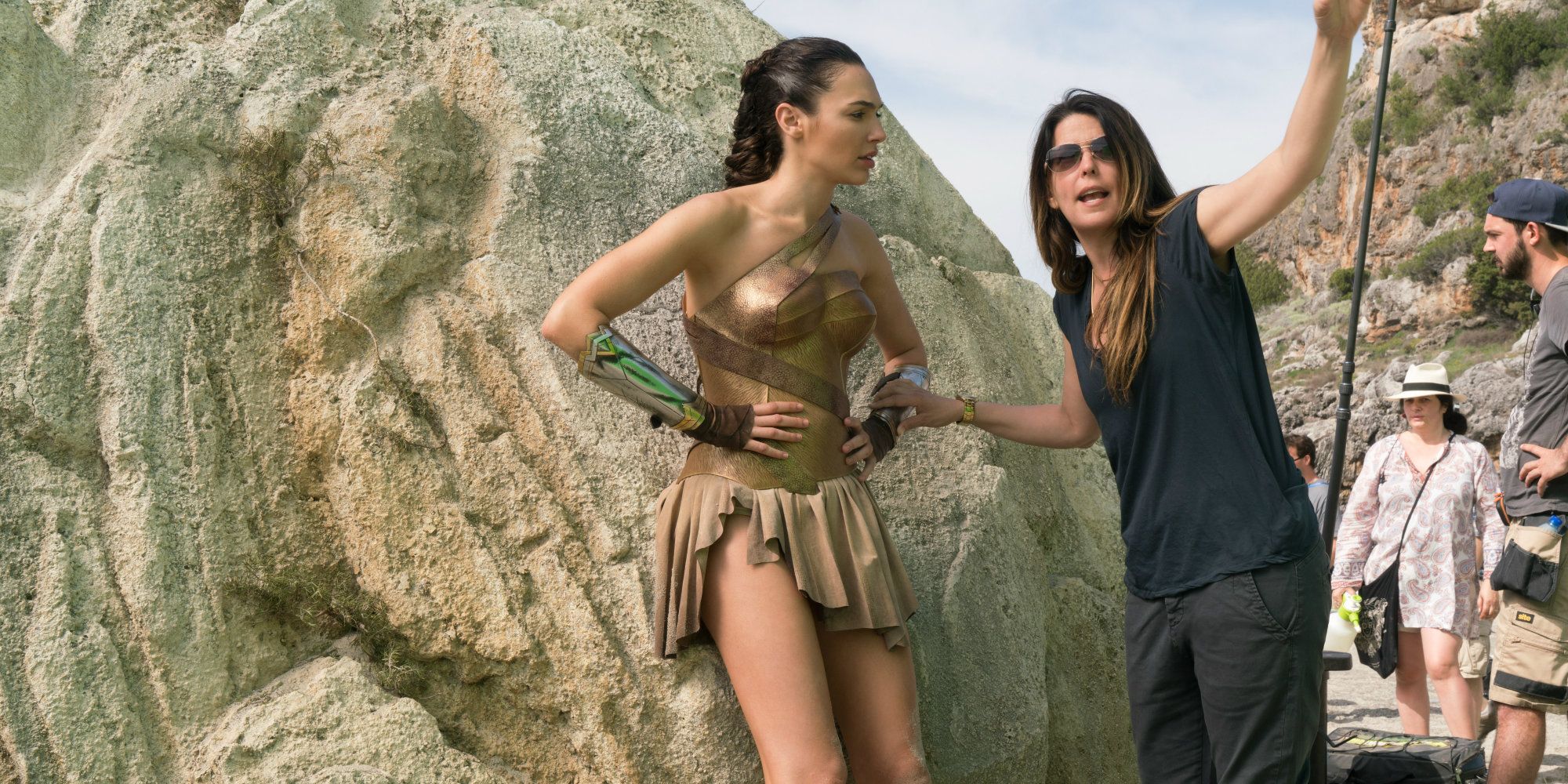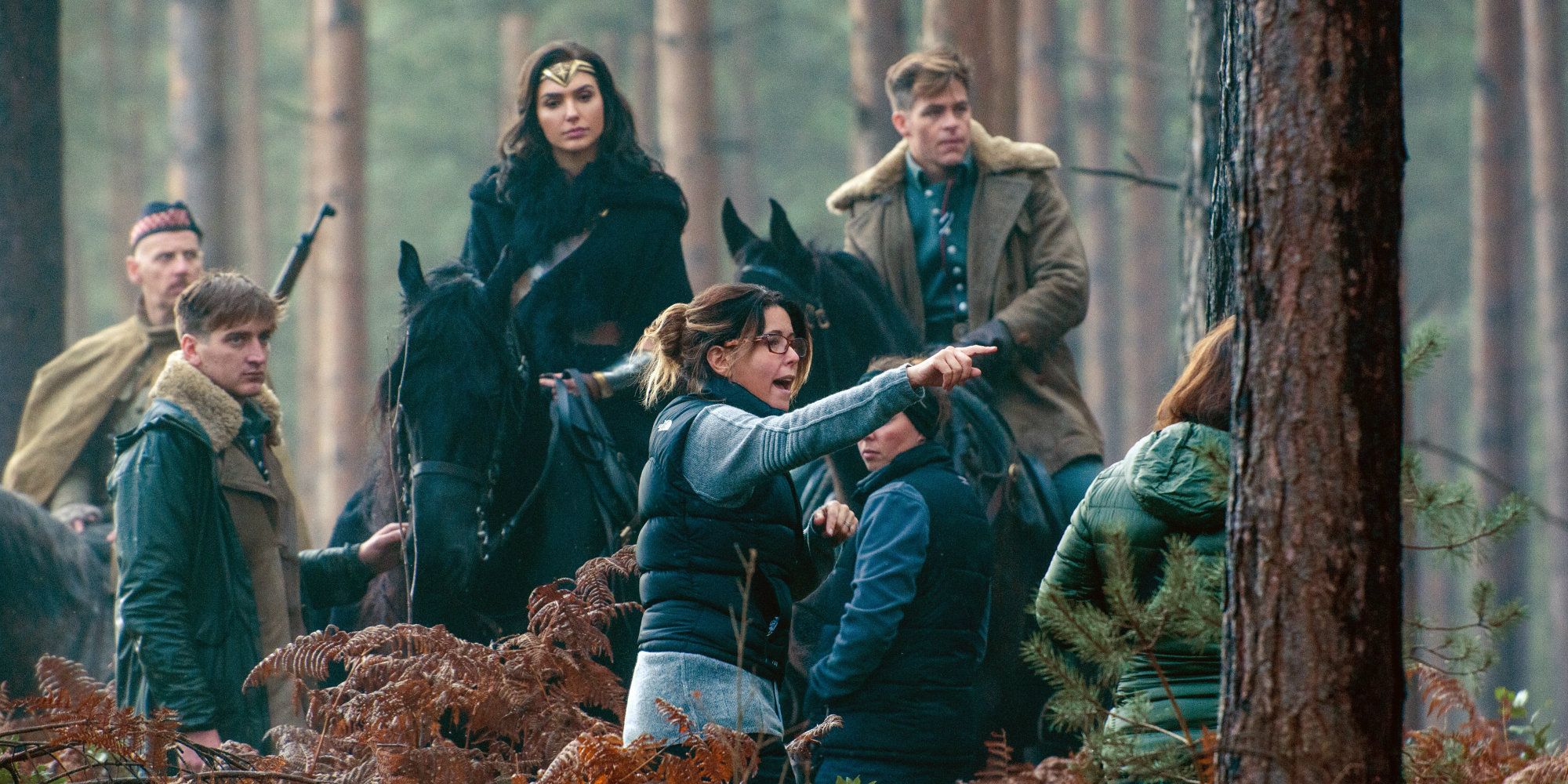While it may seem too early for some to begin the ever-present debate of Oscar season in Hollywood, in reality it’s a year-long cycle that kicks off for producers and distributors before the date is even set for the ceremony. The Oscars aren’t announced until March at the latest, but by that point the season has already begun thanks to premieres at the Sundance Film Festival and the intricate planning that goes into other worldwide festivals like Cannes and Berlin. Most of the time, casual film fans don’t even notice this is happening as much of the action is limited to industry circles, Los Angeles based advertising and film journalists. Given that the most popular films, the blockbuster and franchise fare that garners the most avid fan bases, don’t tend to be Oscar darlings, this is also a process most people are happy to ignore until it becomes impossible to do so in the latter half of the year.
That seems to be changing this year, as audiences were treated to a remarkably strong season of franchise films, from War For the Planet of the Apes, which garnered the strongest reviews of the trilogy thanks to its incredible visual effects and stirring emotional focus, to Logan, which blended cutting politics with visceral violence and a Western-style meditation on ageing, to Baby Driver, a technical marvel with the best editing of the year. Even Dunkirk, which is arguably the most awards friendly film of this bunch, is still rooted in the blockbuster ethos of Christopher Nolan’s earlier work and is easily one of the best films of the year. The chances are that all of these films will remain part of the awards conversation, at least until we see more of the predicted films (one of the problems with this being a year-round industry is that some months are more packed than others).
One film hoping to rise above the cynicism and break through the Academy’s hesitation towards blockbuster movies is Wonder Woman, Patty Jenkins’s critically acclaimed addition to the DC Expanded Universe, which is currently the fourth highest grossing film of the year, with a worldwide gross of over $781m. The success of Wonder Woman was never really in doubt, but given the shaky critical status of its universe counterparts, many critics and viewers were surprised by its ultimate achievements. Jenkins managed to craft an ambitious war-fantasy with a tight narrative, impeccably choreographed action scenes, striking emotional centre, and top-notch casting, and all under the pressure of being only the second woman director in history to have a budget exceeding $100m. Separate from its historical and cultural context, Wonder Woman is a true gem; within that, it’s a ground-breaking delight.
With all of that said, the film receiving an extensive awards campaign shouldn’t be so surprising. Indeed, it’s not even that ground-breaking in terms of how such films are packaged and marketed to awards bodies and voters. As reported by Variety, Warner Bros. are said to be mounting a major campaign in favour of the film, not just in hopes of receiving technical nods but offering a serious chance of cracking the major categories like Best Picture and Best Director for Patty Jenkins.
This is a process that won’t be cheap. Most campaigns require major budgets just to do the bare minimum of marketing: From sending out screeners to over 6,000 Academy voters, to hosting screenings in the New York and Los Angeles areas, to wide-reaching print advertising in the trades like The Hollywood Reporter and Variety, to paying for the cast and crew to appear at specific events to ensure maximum presence on an extremely crowded scene. If this is successful, it will certainly make waves, but the campaign itself is merely par for the course. Paramount gave Transformers: Age of Extinction an Oscar campaign, and Disney did make an effort to get Star Wars: The Force Awakens consideration outside of the technical categories.
Traditionally, the Oscars have are seen as having an archaic opposition to mainstream big-budget fare, although the way this particular attitude was formed has a long history. Splashy, expensive epics like Ben Hur were always favoured by voters, who enjoyed eye-catching spectacle and obvious displays of technical achievement. Oscar voters were also more open to awarding films that enjoyed wide audience releases, something that seems almost impossible today. Once upon a time, Star Wars was a Best Picture nominee, as were Jaws and Raiders of the Lost Ark. It’s only in the past twenty years, with studios relying less on adult-focused dramas and more on family-friendly Summer fare, that the switch in Oscar favourites was fully made. Exceptions did slip through, from Titanic to The Lord of the Rings trilogy to recent examples like The Martian and Mad Max: Fury Road, but the stereotype of the Oscar Bait continues.
Page 2: [valnet-url-page page=2 paginated=0 text='Could%20Wonder%20Woman%20Win%3F']
That doesn’t mean that major films wouldn’t receive a campaign. Any film with a decent studio backing will have some kind of visibility during the season, sometimes with ultimate success but often just as another way to promote the film. Any publicity is good publicity, so being seen to be supporting your film for consideration major prestige is always a good move. That’ll certainly pay off for Wonder Woman on some level, but in terms of it breaking new ground for similar films, that’s another question.
A film that arguably broke ground before Wonder Woman, with a similar narrative, is Dawn of the Planet of the Apes. On top of working hard to secure those much-deserved technical nominations, the studio put a lot of effort into focusing on the performance on Andy Serkis as Caesar. For Your Consideration (FYC) advertising appeared in publications like Time, proclaiming the genius of Serkis's performance, with or without technical involvement, and declared "The Time Is Now." Obviously, that didn’t work in securing Serkis a nomination, but it did force the industry to acknowledge the work of actors like Serkis and start a conversation on its merits in the context of the craft of acting.
That’s arguably what Wonder Woman is aiming for – a means to further legitimize the oft-maligned superhero genre in the eyes of an industry that enjoys its profit margins but still balks at giving it serious prestige. Warner Bros. have a good track record in securing a place in the awards slate – remember, they managed to help Mad Max: Fury Road secure ten Oscar nominations, including ones for Best Picture and Best Director for George Miller – which bodes well for Wonder Woman on some level. Where it may help them is not in getting nominations but in keeping their talent happy. Only four woman directors have ever been nominated for Best Director Oscars, with a grand total of one taking home the statuette (Kathryn Bigelow for The Hurt Locker). Pumping a lot of money into getting Patty Jenkins’s name out there, alongside the expected series of male directors like Alexander Payne and Darren Aronofsky, is a smart move as well as a sign of progress for an industry still hesitant to hire women for such movies. Jenkins has yet to sign on for the Wonder Woman sequel, so this wouldn’t be the worst way to sweeten that deal.
Wonder Woman is one of the most hyped films of the year, and keeping that hype going can be a task for any studio, but adding an awards narrative to the story certainly keeps it moving forward into the new year, especially since most Oscar-friendly fare get releases in the Fall season. Many films ride a cultural wave to the Oscar podium, and Wonder Woman could manage that as the film has become a symbol for women the world over during a tough political time. The Weinstein Company infamously campaigned for the Alan Turing biopic The Imitation Game by plastering posters with the phrase "Honour the Man: Honour the Film", directly tying giving a movie an Oscar to celebrating LGBTQ rights. By contrast, connecting Wonder Woman's awards hopes to a celebration of women and young girls seems pretty tame.
Warner Bros. are doing quite well financially this year, having already soared past $1bn in grosses thanks to the successes of Wonder Woman and Dunkirk. Giving both an Oscar campaign, but particularly the former, is a great display of power, but it could signal some real change in an industry for whom progress is shockingly incremental. With the Academy adding new, more diverse voters to its membership, which already led to some upsets at this year’s ceremony, the studio could ride that wave of inclusivity, buzz and cultural prescience all the way to the Dolby Theatre. Wonder Woman could continue to break new ground, but for now, the steps being taken to ensure that are merely part of the game.




